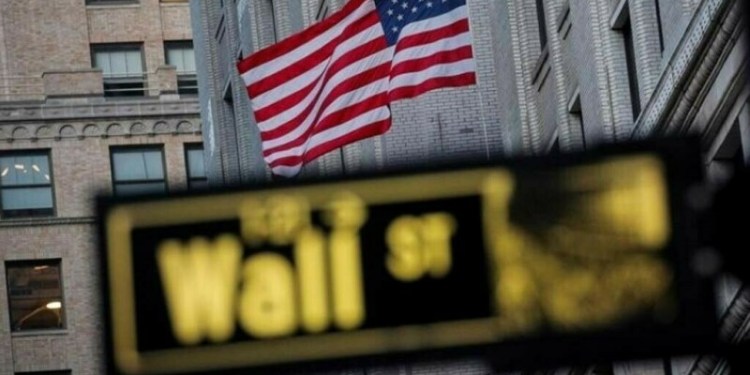Australian shares closed higher on Tuesday as mining and financials bounced from sharp falls in the previous session, but rising tensions between Saudi Arabia and the West and weaker factory price inflation in China capped broader market gains.
The S&P/ASX 200 index rose 0.6 to 5,868.9 at the close of trade. The benchmark had slid 1 percent on Monday to its lowest in six months.
The uptick was supported by a bounce in domestic banks, which have been under pressure from damaging revelations in a months-long quasi-judicial inquiry, and accounted for the large portion of Monday’s declines.
The financial sub-index added 0.6 percent, with the country’s ‘Big Four’ banks up between 0.2 percent and 0.6 percent.
National Australia Bank earlier in the day said it would incur after-tax costs of A$314 million ($223.91 million) in connection with its customer remediation programme, the latest of the “Big Four” to flag hits to earnings as they pay a hefty price for poor banking practices.
Data on Tuesday showed factory-gate inflation in China, Australia’s biggest export market, cooled for a third straight month in September amid ebbing domestic demand and sign of further slackening in economic growth.
The data along with tensions between the West and Saudi Arabia over the disappearance in Turkey earlier this month of a Saudi journalist critical of Riyadh limited broader market gains.
The country’s metals and mining index rose 1.6 percent.
Rio Tinto closed 1.6 percent higher. The miner reported a 5 percent fall in third-quarter iron ore shipments, hurt by planned maintenance and safety pauses across all operations following a fatality, so the lower exports were probably priced in by investors.
The World Steel Association doubled its 2018 and 2019 global demand growth forecasts for the material used in everything from cars to construction, but said that trade tensions were clouding the outlook for the sector.
Meanwhile, BHP upped its stake in SolGold Plc , as it eyes SolGold’s promising Cascabel copper-gold project in Ecuador.
The world’s biggest miner gained 1.7 percent.
New Zealand’s benchmark S&P/NZX 50 index, which has been struggling, down for 11 of the last 12 sessions, fell 0.4 percent to 8,802.45.
The country’s national carrier Air New Zealand fell 1.8 percent, while the exchange operator declined 1.9 percent.
Post Views:
2
Source: Brecorder



























